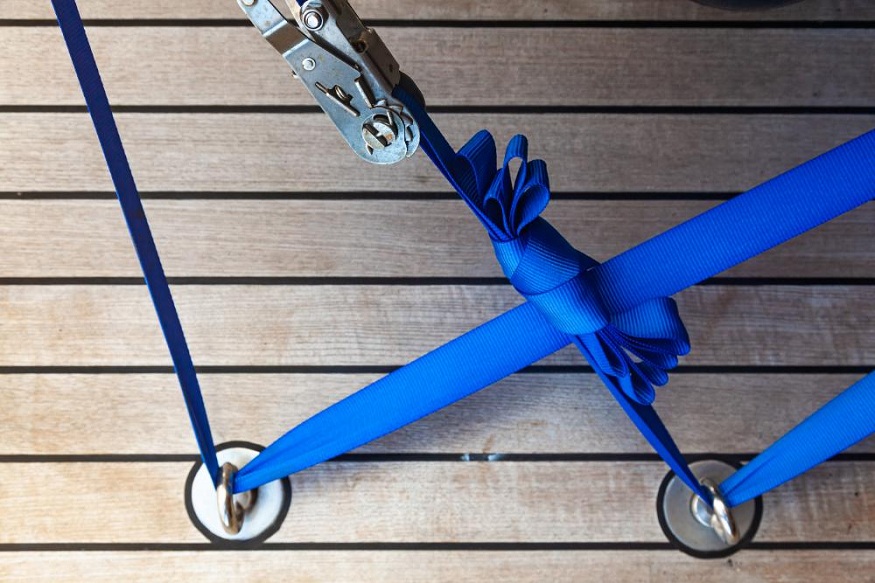
We Need an International Roadcheck for Non-Commercial Vehicles
Every year, federal and state officials get together to conduct the International Roadcheck on commercial vehicles driving throughout North America. The event is designed to draw attention to the fact that commercial operators need to understand and abide by regulations intended to make our roads safer. It’s a fantastic event. I think we need one for non-commercial vehicles as well.
The annual road check event generally takes place in late spring or early summer. Federal regulators usually release information in the months leading up to the event, information that tells commercial vehicle operators what they will be focusing on for that particular year. But make no mistake. Commercial vehicles still undergo thorough inspections regardless of the annual focus.
What Inspectors Look At
Every commercial vehicle on the road during the annual event is subject to inspection. From box trucks to flatbeds to intermodal containers, it’s all up for grabs. Federal and state officials set up checkpoints on busy highways all across the country. Commercial vehicles passing through those checkpoints are subject to inspection.
What do inspectors look at? The simple answer would be ‘everything’. Here are just a few examples:
- Vehicle safety.
- Load manifests.
- Driver logs.
- Licenses, registrations, etc.
- Cargo securement.
It’s that last item, cargo securement, that most concerns me with non-commercial vehicles. I’ve seen some pretty risky scenarios involving pickup trucks and utility trailers carrying cargo that isn’t properly secured. And don’t even get me started on passenger vehicles with mattresses or sofas tied to the roof.
Cargo Securement Is the Law
Commercial vehicle operators are less likely to run into cargo securement issues as compared to many of the other things inspectors would look at. Why? Because they know federal and state laws require that cargo be secured throughout transport. They also know that improperly secured cargo is easy to spot.
Unfortunately, the average non-professional driver has no idea that they are also required by law to secure cargo. Every state in the union has laws on the books against actions that would allow cargo to break loose and fall off. Every state requires that cargo not contained inside a vehicle be tied down and secured.
A Rope Over the Top Doesn’t Cut It
I once saw a pickup truck loaded to the gills with household goods traveling down the interstate. I can only assume the driver was moving house. How was his load secured? With a single piece of rope across the top. However, one piece of rope does not make for secure cargo.
Whenever I get behind a driver like that, I get nervous. I either speed up and pass or let off the gas and fall safely behind. I don’t want to be anywhere near that kind of vehicle just in case something becomes airborne and makes a beeline for my car.
What makes it all so puzzling is that securing cargo properly takes very little effort. All the driver had to do was deploy a few strategically placed cam straps. My favorite brand is Rollercam, but any brand would have been sufficient. Even running his rope back and forth to create a net of sorts would have done the trick. The fact is that he made no attempt to secure the contents of his truck.
Perhaps an annual road check for non-commercial vehicles would get the message across. Or maybe monthly events would be required to drive the message home. I don’t know. But I do know that commercial truck drivers get the point. I only wish everyone else on the road got it, too.


